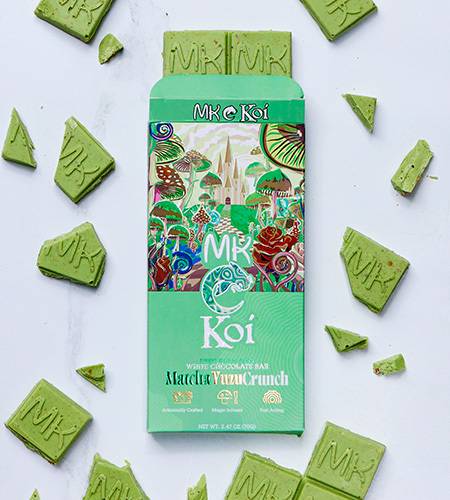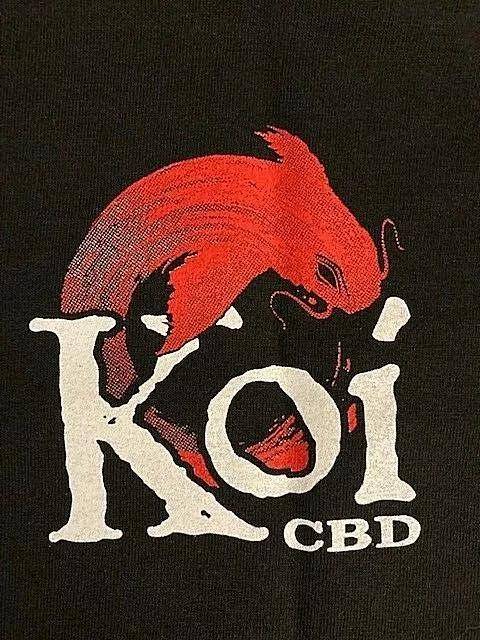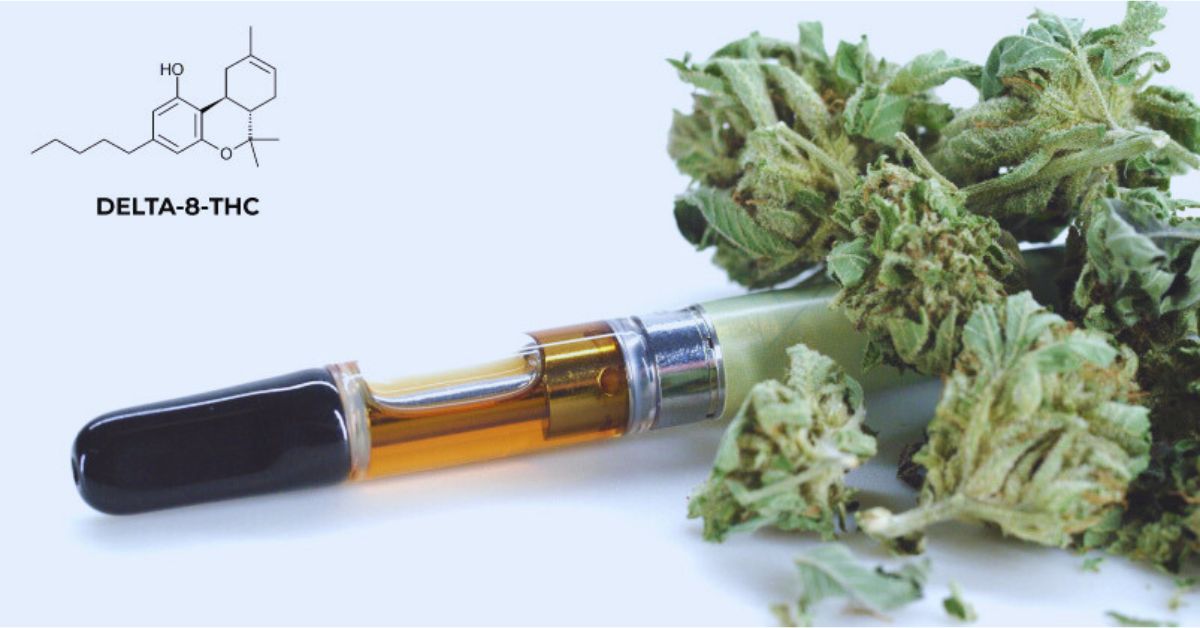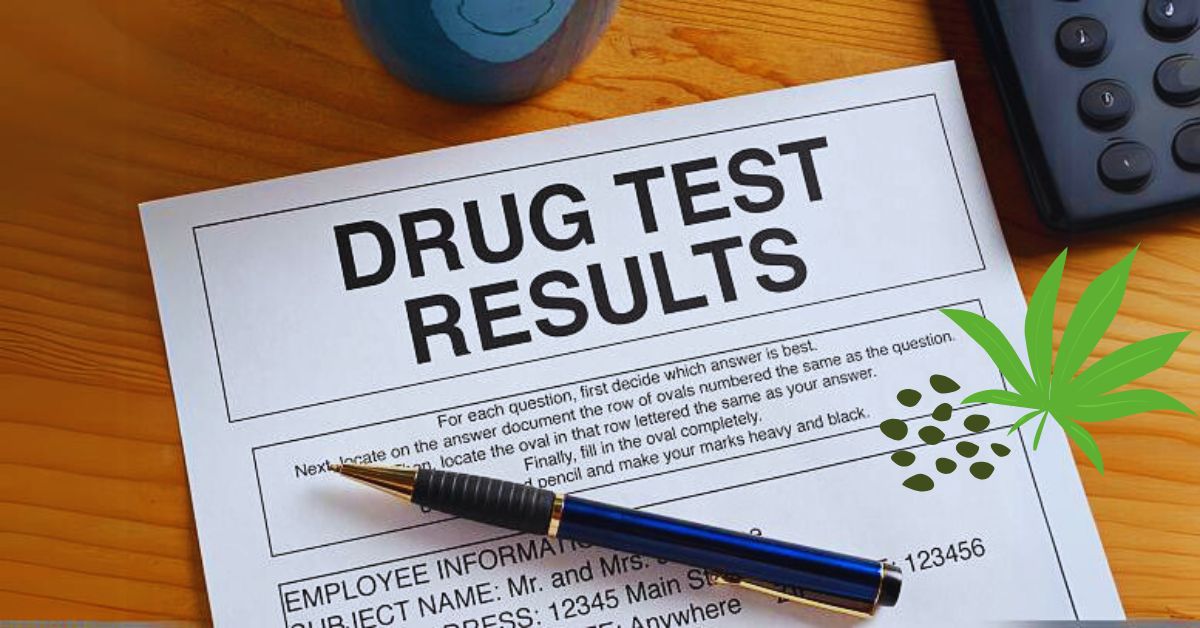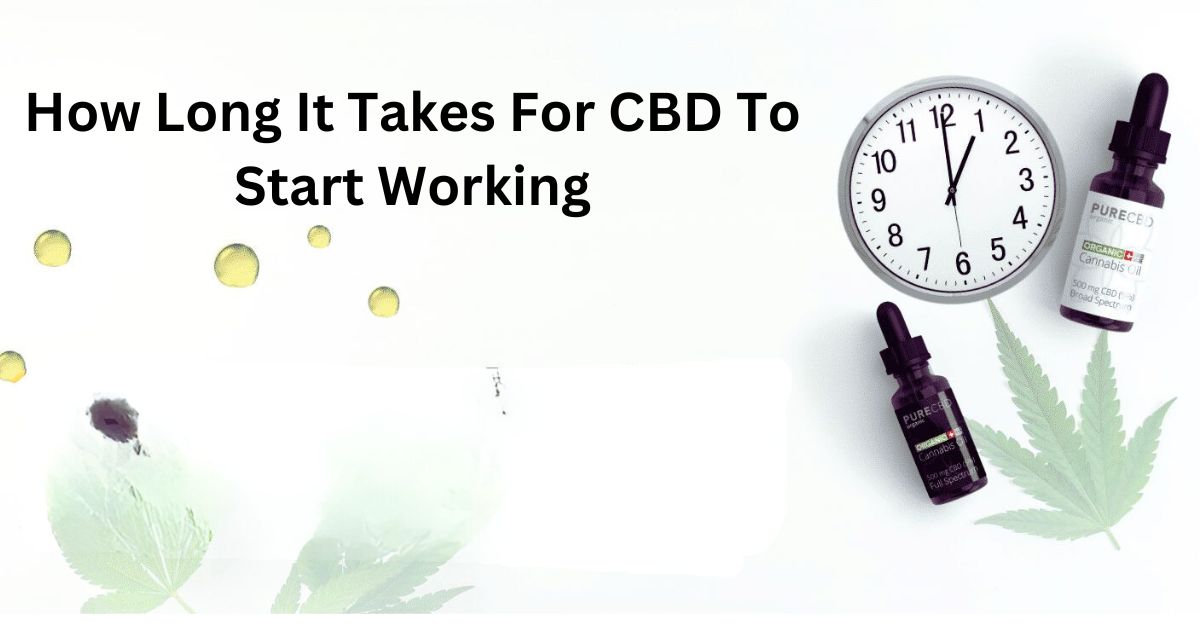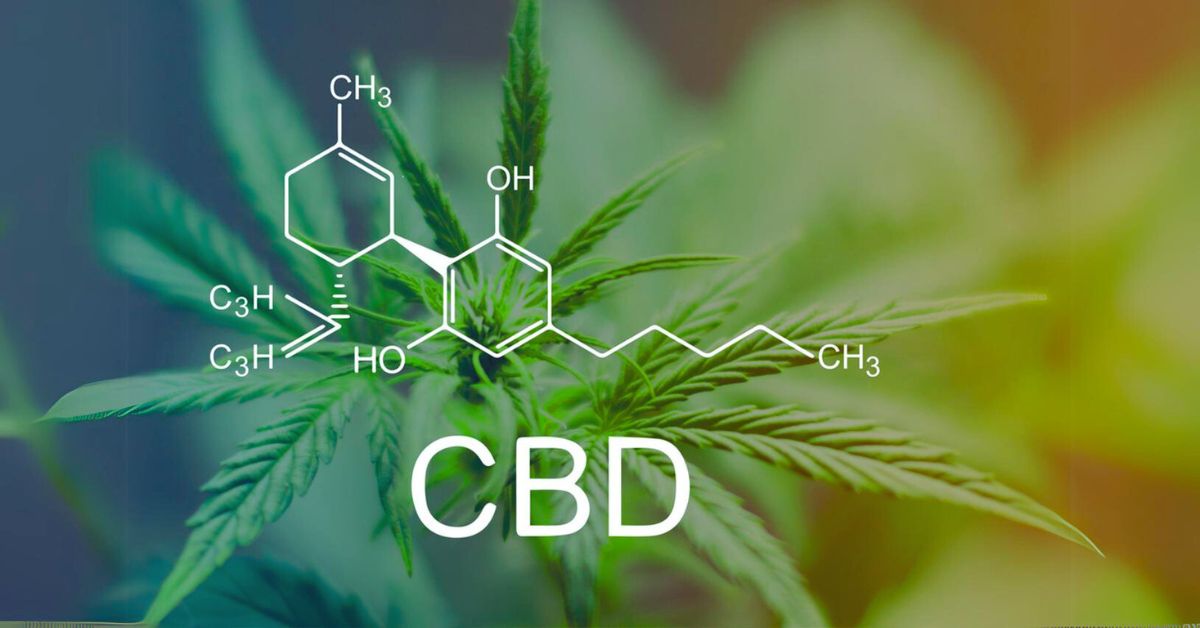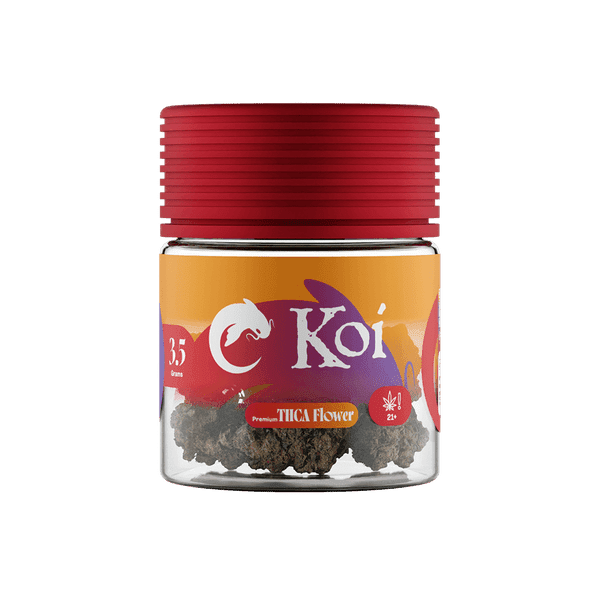Seeing all of the jargon and attempting to determine which choice is best for you and your needs might be daunting when starting in the hemp industry. In short, Delta-8 THC is a cannabinoid that shares structural similarities with its cousin; what is Delta-8? Learn about delta-8 THC’s advantages.
You’ve probably heard of delta-8 THC by now. However, reading through all the words and attempting to choose which is best for you and your needs can be daunting when you start in the hemp industry. Why would delta-8 be a good fit for you, and what is it?
Delta-8 THC is simply a cannabinoid that shares structural similarities with its well-known cousin, Delta-9 THC. It produces comparable, albeit gentler, effects that people frequently find enjoyable while trying to unwind.
Is Koi Delta 8 Safe for Me?
There are various forms of delta-8, including candies, tinctures, edibles, and vapes, each providing a distinct user experience.
If you are new to the world of hemp compounds, start with a low-dose gummy and work your way up. Users have claimed that utilizing edibles infused with Delta-8 tends to last longer, and you receive the full effects. The best course of action for delta-8 servings is to start modest and increase the amount as needed or desired.
It is crucial to remember that Delta-8 has yet to be the subject of any long-term research. According to preliminary studies and anecdotal data, delta-8 is well-tolerated and safe.
It’s also crucial to remember that those who are being tested for drugs shouldn’t use delta-8. Since delta-8 is a form of THC, it will appear on the majority of drug tests even though the cannabinoid is allowed under federal law. Delta-8 and traditional delta-9 THC cannot be distinguished by most testing.
Always consult your healthcare professional before adding anything to your wellness regimen to ensure it fits your needs and lifestyle.
How does Delta-8 Compare with Regular THC?
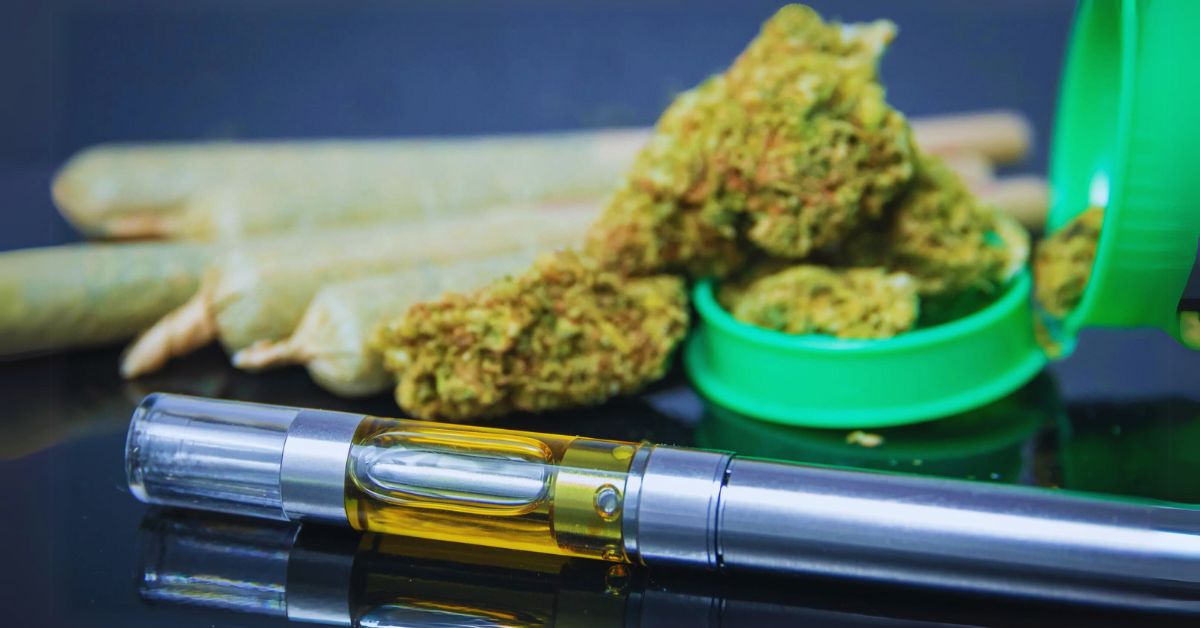
The molecular structure of delta-8 THC differs somewhat from that of delta-9 THC, which some may refer to as “regular THC.”
Because of this distinction, delta-8 might not have the same psychological effects as ordinary THC. According to ResearchTrusted Source, delta-8 has less severe impacts than delta-9. The duration of the impacts that people experience is roughly the same.
Nevertheless, the study is observational and depends on the individuals’ self-reporting. In general, insufficient research is needed to comprehend the pharmacological distinctions between delta-8 and delta-9 fully.
How long does a Delta-8 high last?
Although it won’t be as intense, a delta-8 high will last just as long as one from conventional THC. Depending on how much you take, it can last anywhere from an hour or longer if you vape or smoke delta-8 flower and a few hours if you take some gummies.
What is Delta-8 used for and How Do People Use Delta 8 Start GG?
There are many ways to use Delta 8 Start GG, including:
- In edible goods like gummies or brownies
- In tinctures, which are liquid extracts that you can put under your tongue or add to food or beverages
- Vaped concentrates such as oil or wax that are inhaled
- Smoked as hemp that has been sprayed with delta-8 concentrate, buds, or flowers
- As oral pills that you take
- on the skin using patches, lotions, or creams
How much Delta-8 should I take?
Delta-8 will feel far milder than ordinary THC for most people, especially those who are moderate or seasoned users. Depending on your body chemistry, delta-8 may have a strong effect on you if you are new to cannabis.
Although Delta-8 is available in many of the same forms as conventional marijuana products, the most popular ones include edibles and vape carts.
Manufacturers of delta-8 edibles frequently measure and dose their gummies at more than twice the power of THC gummies to provide an idea of the potency of delta-8 in comparison to THC and Health Benefits Of Hemp Oil:
- THC gummies often come in 10mg gummies—people may take half a gummy or a full gummy for a dose, either 5mg or 10mg.
- Delta-8 gummies often come in 25mg gummies—half of one would be 12.5mg, and a full gummy is 25mg.
A 25mg delta-8 gummy may have the same effects as a 10mg THC gummy because manufacturers are figuring that delta-8 is less than half as potent as conventional THC when making these typical gummies.
Once more, it’s critical to remember that delta-8 has received relatively little research. We don’t know much about how it impacts the body or how severe its effects are. Like any cannabis product, your experience will vary depending on the chemical shape of the cannabis, your body’s chemistry, your tolerance level, your set and environment, and the dosage.
It is always advised to start with a little dose and then wait for the effects to start before taking more. How quickly you experience such effects will depend on how you consume them. The effects of delta-8 should be felt in ten minutes or less if you’re vaping; if you’re eating edibles, wait at least an hour or two before taking more.
Effects of Delta-8 THC on the Body
Psychoactive Properties of Delta-8 THC
In terms of chemistry, delta-8 and delta-9 THC found in marijuana are nearly the same. The primary distinction is where a bond between two of its carbon atoms is located. Because of this variance, delta-8 and the cannabinoid receptor on your body’s cells are less attracted to each other. Because of this, a delta-8 high is not as strong as a delta-9 high.
Risks and Side Effects of Delta-8 THC
The effects of delta-8 on general health need to be better studied and supported by data. Numerous people have stated that they use delta-8 in addition to their prescribed drugs to treat depression and substance abuse, primarily through social media posts. According to users, delta-8 can also:
- Calm nausea
- Boost appetite
- Boost mental health
- Ease pain relief
- Prevent vomiting during cancer treatments
However, experts claim that insufficient study exists on its effects on health and that these benefits are untested. It’s not necessarily risk-free because you can purchase it off the shelf.
Short-term Side Effects of Delta-8 THC
Some people have reported side effects like:
- Confusion
- Drowsiness
- Anxiety
- Dizziness
- Slow heart rate (bradycardia)
- Numbness
- Fast heart rate (tachycardia)
- Hallucinations or psychosis
- Vomiting
- Low blood pressure (hypotension)
- Shaking or tremors
- Loss of consciousness
Notify your doctor immediately if you experience these side effects after using Delta-8 products. In an emergency, dial 911 or go to a nearby hospital. Seek immediate medical attention if a child consumes or is exposed to Delta-8 goods, such as sweets or gummies.
If you are nursing/pregnant, avoid using delta-8 or any other cannabis product. Both you and your unborn child may be at risk.
Potential Benefits of Delta-8 THC
The majority of delta-8 THC’s putative advantages rely on marketing claims since there is a shortage of clinical trials and scientific studies on the substance. Legality concerns make this research challenging. However, more data is required to determine any possible health benefits associated with delta-8 THC.
According to the Journal of Cannabis Research, some findings indicate that utilizing delta-8 THC may result in pain alleviation, euphoria, and relaxation, though more research is required.
Because delta-8 THC has a lesser psychoactive potency than delta-9 THC, research indicates that it may have fewer harmful side effects and a softer effect on users. Research is still being done on the possible advantages of delta-8 THC, such as its capacity to reduce anxiety, suppress nausea and vomiting, increase appetite, and have analgesic and neuroprotective effects.
The primary psychoactive ingredient in cannabis that provides users with a euphoric high is delta-9 THC (delta-9 tetrahydrocannabinol), which is the most well-known to the general public. Another psychoactive substance that provides a comparable blissful feeling is delta-8. According to some research, delta-8 may help with the following medical conditions:
- Anxiety
- Stress
- Chronic pain
- Depression
However, most evidence is anecdotal—based on firsthand reports rather than scientific studies. More medical study is required to ascertain the hazards and efficacy of delta-8.
Is Delta-8 Legal?
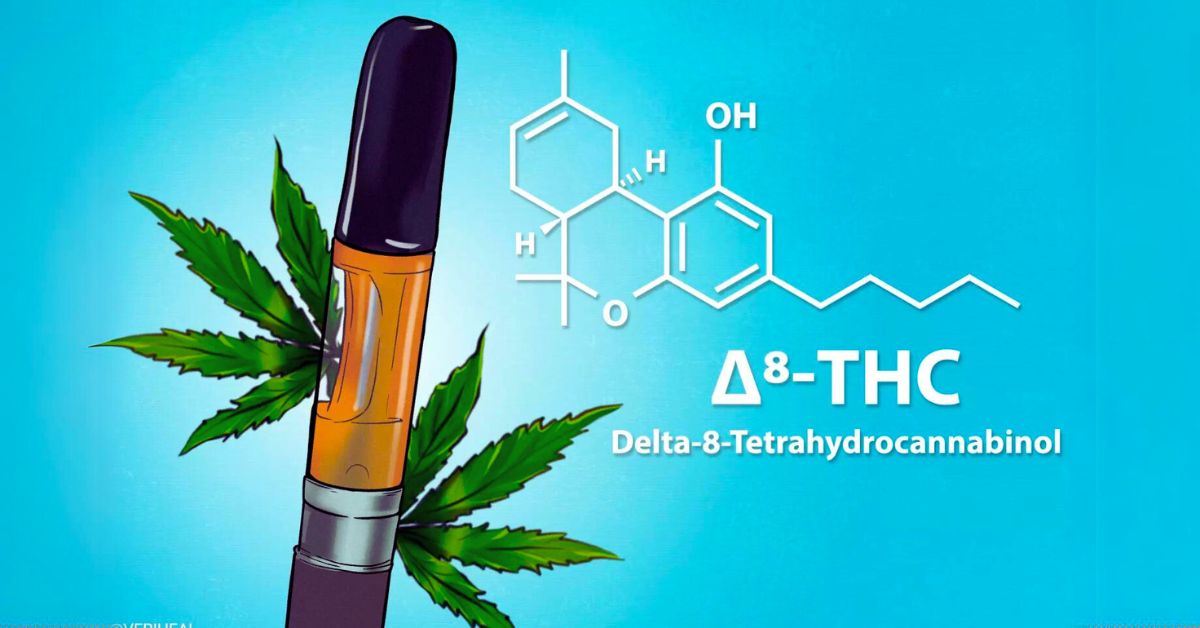
At the moment, Delta-8 is operating in a legal limbo. Currently, there aren’t many state laws that directly target delta-8 THC. THC, CBD, delta-9 tetrahydrocannabinol, cannabis, and marijuana are all covered under the majority of state laws about cannabis. According to state law, delta-8 is allegedly prohibited in 11 states. (See “Can I get delta-8 in the mail?” in the list below.) Delta-8 THC has been indirectly classified as a Schedule I controlled significance by the federal Drug Enforcement Administration (DEA) in a proposed rule, making it unlawful on a federal level. It is not yet a final rule.
Since delta 8 start GG THC is often derived from hemp rather than cannabis, it is currently available for purchase in many states where cannabis is prohibited. More specifically, CBD extracted from federally authorized hemp is the source of almost all delta-8 THC now available on the market.
Since hemp is officially a cannabis plant with less than 0.3% THC, this can be a little perplexing. However, when we use the term “cannabis,” we typically mean cannabis plants that have a THC level of 0.3% or more.
The 2018 Farm Bill, a federal law passed by Congress, made hemp legal in the US. According to that law, hemp means “any derivatives, extracts, cannabinoids, isomers, salts, acids, and salts of isomers, whether growing or not, with a attention of not better than 0.3 percent delta-9 tetrahydrocannabinol.” Because it doesn’t include delta-9 THC, this wording renders delta-8 lawful.
Delta-8 is unlawful in some jurisdictions because some states have decided not to include this farm bill wording in their legislation. Delta-8 manufacturers and dealers only sell to states with legislation that closely resembles the wording of the farm bill. Even yet, certain producers might exclusively sell to specific states depending on how they interpret a state’s rules.
Furthermore, the DEA published an Interim Final Rule (IFR) in August 2020 to update and reaffirm the distinctions between cannabis and hemp. Since delta-8 is an extracted or synthetically produced tetrahydrocannabinol, it would be banned under the interim regulation stating, “All synthetically derived tetrahydrocannabinols remain Schedule I controlled substances.”
Delta-8’s fate will, therefore, depend on whether the current IFR language, which prohibits all tetrahydrocannabinol, is accepted or the agriculture bill’s wording, which prohibits plants with more than 0.3% delta-9 THC, remains in place. Delta-8’s federal legality will remain unclear until October 2021, when the DEA’s IFR is up for review.
